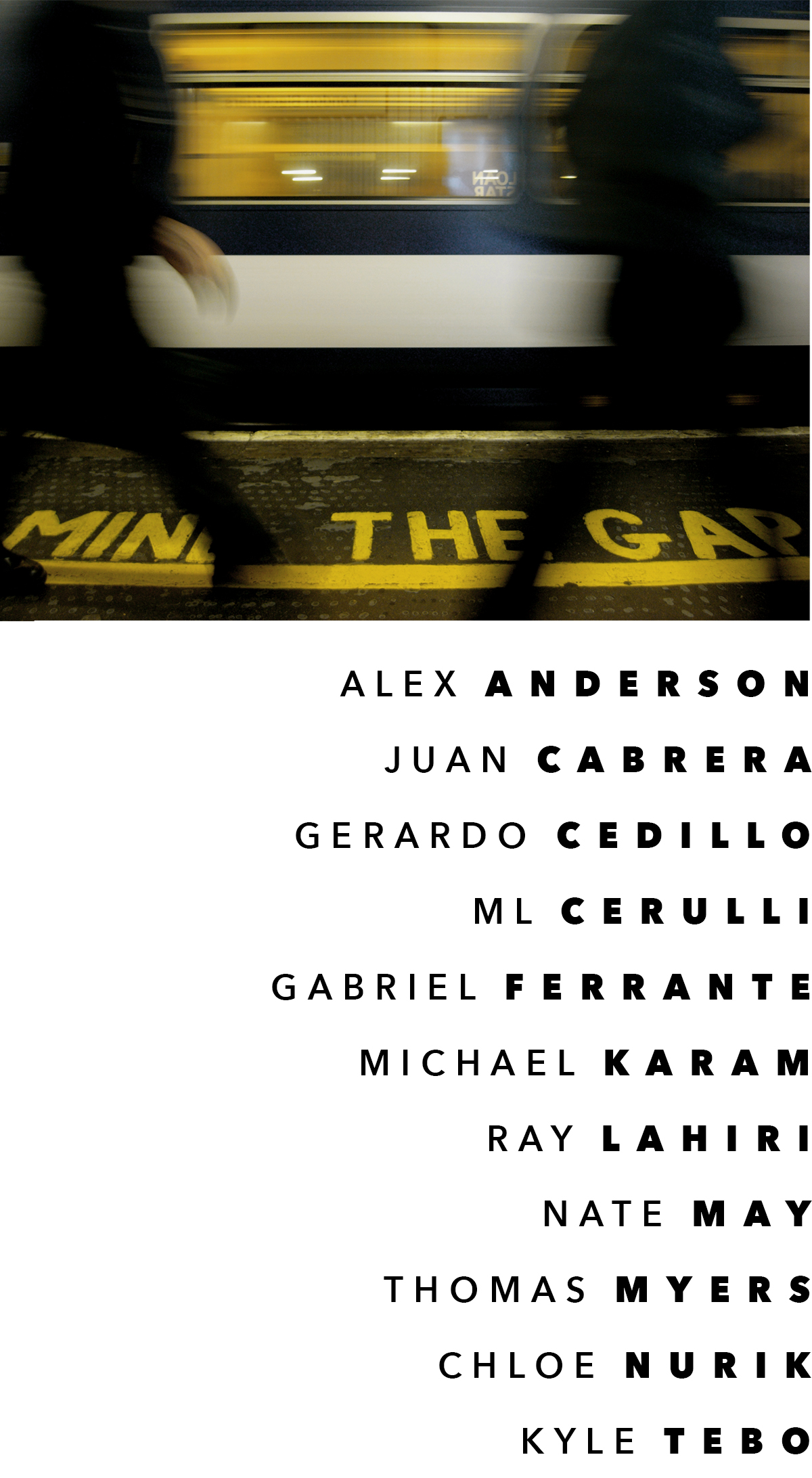Michael: As our conference comes to an end, we would like to thank some people without whose support "Mind the Gap!" and our entire Undergraduate Humanities Fellowship experience would not be a possibility. Thank you Jim English, Jennifer Conway, Bethany Wiggin, Sara Varney, and Margie Guy. We’d also like to acknowledge Andrea Goulet, our mentor and faculty director for her guidance, dedication, and enthusiasm. Finally, and perhaps most importantly, a special thank you to all the Undergraduate Humanities Fellows, our steering committee chair Ray, and my fellow steering committee member Chloe - I am excited what intellectual endeavor you take on next. It is bound to be great.
Chloe: The question of translation is an undeniably important one in the current political climate. The demarcation of difference and othering has come to govern the way that we think about our world and the people in it. However, translation does not have to be about incompatibility. In the "Translation Beyond the Human" Colloquium on February 3rd, 2017, Columbia University Professor Lydia Liu spoke about the logic of equivalence in translation, in which individuals attempt to map features of one language or category onto preexisting frameworks in another language. She noted that even if one claims that something is untranslatable, in order to make that determination, one must first subscribe to the model of equivalency. Professor Liu considers this process to represent the “tyranny of semantic equivalence.” This speech was highly impactful as it made me realize how much we gravitate toward using predefined categories such as language, race, and sexuality to understand concepts that may seem unfamiliar to us. However, without first establishing the premises and assumptions of conceptual translation, we fall prey to a simplistic view of the world in which individuals are either like us or different from us. Acceptance based on resemblance can be superficial and ephemeral. Instead, we must come to appreciate translation as a ubiquitous feature of our everyday lives. By recognizing, tolerating and embracing difference, we will develop greater empathy and understanding of one another, practicing the kind of humanity that goes beyond national, linguistic, and social borders.



